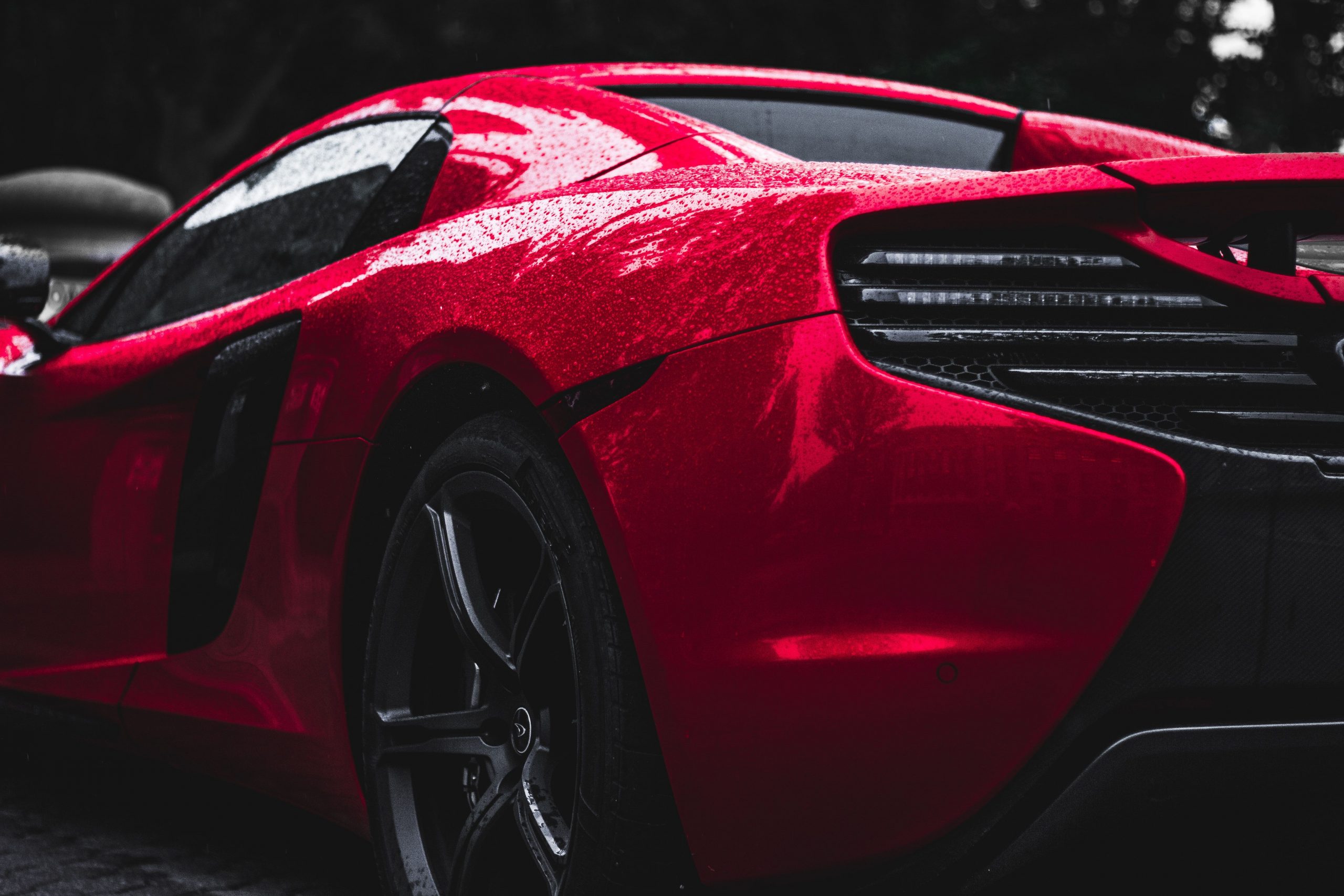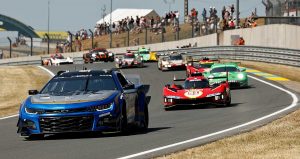Ahead of Britain’s promised “green revolution”
that would ban petrol-powered cars within 10 years, hydrogen-powered car
manufacturer Riversimple hopes to steal a march on competitors.
While battery-powered electric cars have already
hit the roads in many countries, the nascent hydrogen technology will emerge as
the winner in the zero-emission vehicle race.
Currently,
Hyundai’s Nexo and Toyota Mirai are leading in selling hydrogen-fuelled cars.
Hyundai sold 5,000 units of Nexo in 2019.
Though running on a blossoming technology, their
sales are clouded by those of battery-powered cars, with roughly five million
already sold.
Riversimple is only an over-zealous minion compared
with the Asian automotive giants. Yet, it is the only British manufacturer in
the sector with its flagship model, the Rasa, derived from the Latin ‘tabula
rasa’, or clean slate.
Founder Hugo Spowers hopes that starting from
the scratch will play in his favour as he hopes to take on the manufacturing
giants focussed on adapting petrol-driven models to run on hydrogen fuel.
Also Read | Porsche Taycan sets Guinness World Record for longest electric vehicle drift| Watch
He believes hydrogen-fuelled cars offer a much
wider range.
“A short-range car can be brilliant
running on batteries, and we need them and there’s a role for them,” he
said.
“But if you want the sort of range to
which we’ve become accustomed, of 300 miles (482 kilometres) or more, hydrogen
is head and shoulders ahead in terms of the overall efficiency,” he added.
Rasa will begin advanced testing in the next
few months, with paying customers including Monmouthshire District Council in
south Wales. A hydrogen refeuelling station has also gained approval in the
town of Abergavenny, which is only a few minutes process.
Hydrogen-fuelled cars are an environmentally- sound
choice for the future of our planet. They convert hydrogen and oxygen into
electricity and water, presenting the benefits of electric cars like sharp
acceleration, torque and quiet operation, without emitting any pollutants.
While hydrogen-powered cars look promising,
the other side of the coin also has a tale to tell.
They would still leave a carbon footprint as
the hydrogen is sourced from carbon dioxide emitting-natural gas.
Another problem is the vehicle’s cost.
Riversimple has offered a hire-purchase scheme that includes maintenance and
fuel costs. The vehicle would still belong to]o Riversimple, maintaining its
stake in sustainability.
“You pay for it monthly by direct debit
and everything’s all under one umbrella, which I think is fantastic,” Jane
Pratt, a member of Monmouthshire County Council, told AFP.
Also Read: UK’s PM appoints chief of staff after aide’s stormy exit
“This is a much more sustainable method
of having a car,” she added.
Spowers said he expected the total expense to
compete with that of a Volkswagen Golf.
“Even though the car costs us more to
build, because of these long revenue streams, and because our operating costs
will be lower,” the cost should even out, said Spowers, who plans to
launch the Rasa in three years.
British government’s goal of carbon neutrality
by 2050 will play in favour of Riversimple and bring in profits.
British chemical giant Ineos and market leader
Hyundai this week announced a partnership to develop hydrogen-fuelled vehicles
and capitalise on the expected boom.
Hyundai suggested it could supply its hydrogen
fuel cell technology to equip the Ineos all-terrain model Grenadier.







